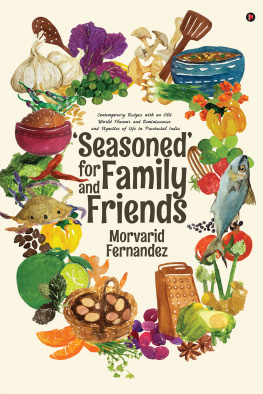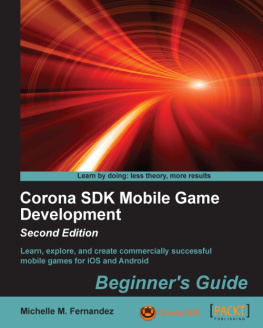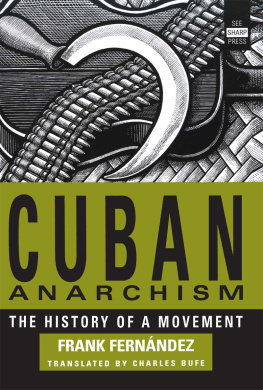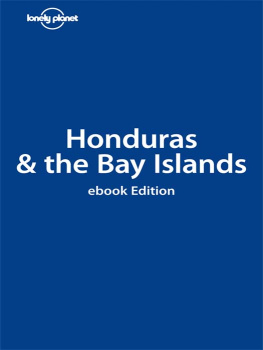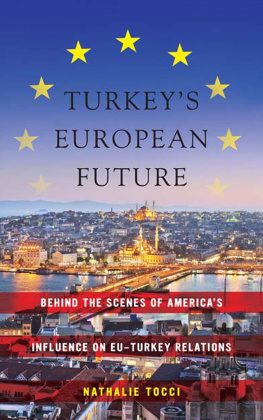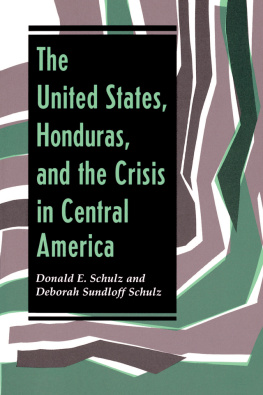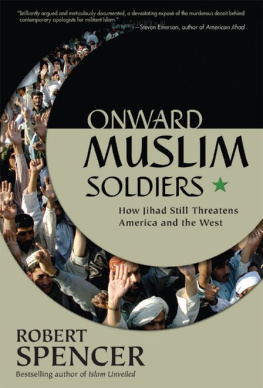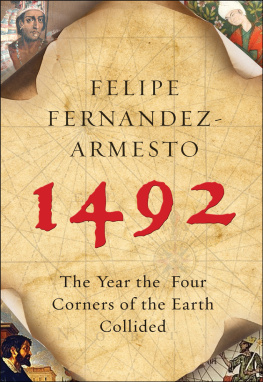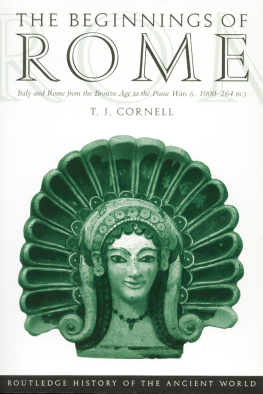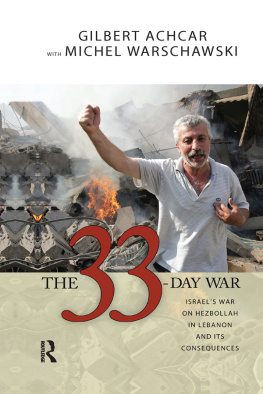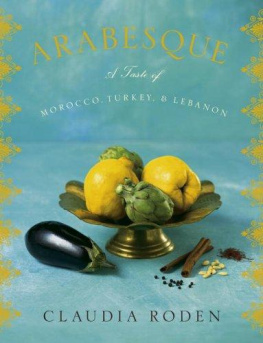Fernández - Exile: Rejecting America and Finding the World
Here you can read online Fernández - Exile: Rejecting America and Finding the World full text of the book (entire story) in english for free. Download pdf and epub, get meaning, cover and reviews about this ebook. City: United States, year: 2019, publisher: OR Books, genre: Politics. Description of the work, (preface) as well as reviews are available. Best literature library LitArk.com created for fans of good reading and offers a wide selection of genres:
Romance novel
Science fiction
Adventure
Detective
Science
History
Home and family
Prose
Art
Politics
Computer
Non-fiction
Religion
Business
Children
Humor
Choose a favorite category and find really read worthwhile books. Enjoy immersion in the world of imagination, feel the emotions of the characters or learn something new for yourself, make an fascinating discovery.

Exile: Rejecting America and Finding the World: summary, description and annotation
We offer to read an annotation, description, summary or preface (depends on what the author of the book "Exile: Rejecting America and Finding the World" wrote himself). If you haven't found the necessary information about the book — write in the comments, we will try to find it.
Fernández: author's other books
Who wrote Exile: Rejecting America and Finding the World? Find out the surname, the name of the author of the book and a list of all author's works by series.
Exile: Rejecting America and Finding the World — read online for free the complete book (whole text) full work
Below is the text of the book, divided by pages. System saving the place of the last page read, allows you to conveniently read the book "Exile: Rejecting America and Finding the World" online for free, without having to search again every time where you left off. Put a bookmark, and you can go to the page where you finished reading at any time.
Font size:
Interval:
Bookmark:
TABLE OF CONTENTS
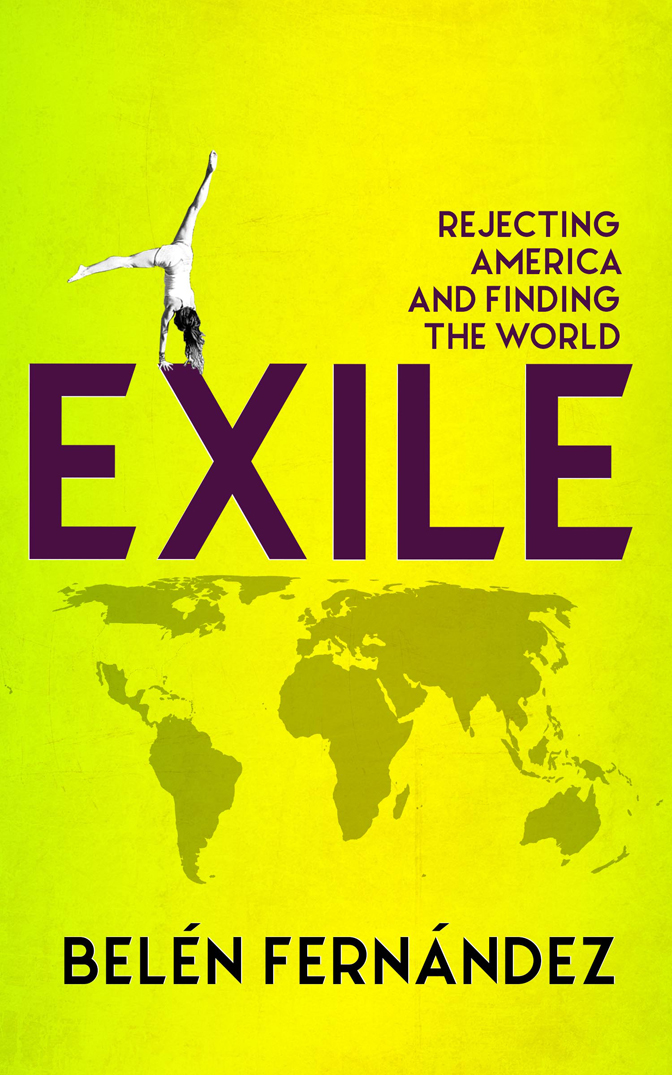
In 1993, at the age of eleven, I entered the seventh grade at St. Louis Catholic School in Austin, Texas. This was my third Catholic school in a row despite the fact that neither of my parents were discernibly religious. The first had been Our Lady of Lourdes in Bethesda, Maryland, where I learned to spell Our Lady of Lourdes and progressed to writing short stories about a flatulent bat named Blaster. The second was St. Theresas in Austin, where we had moved when my father decided that he would prefer to carry out his professional duties as a reporter far away from his publications headquarters in Washington, D.C., such that no one could verify he was working when he said he was or interfere with his spontaneous reinvention as a cowboy.
The third and last of my Catholic institutions, St. Louis was nestled among the picturesque strip malls of north Austin and run by a totalitarian regime according to whose divine knowledge my dog was not going to heaven, tinted lip balm was a venial sin, and misperformance of the Pledge of Allegiance was tantamount to blasphemy. The tedium of earthly existence was eased on the occasional Free Dress Day, although I quickly discovered via public humiliation and a trip to the principals office that freedom did not always extend past the school uniform colors of green and white.
Spiritual indoctrination techniques aside, St. Louis served as a fine example of what is known as education in the United Stateswhere a focus on exam-driven memorization often precludes a more integrated worldview. My history teacher Mrs. Conway, for example, went so far as to distribute a practice copy of each test beforehandwhich meant that I spent junior high simply memorizing and regurgitating sequences of multiple-choice answers (B, A, C, D, B, E, and so on) rather than, say, wondering why the all-hallowed founding fathers of the U.S. were slave owners.
As in any country, the history of the U.S. is written by the ruling class in accordance with its own interests. The difference is that the U.S., despite being founded on slavery and the genocide of Native Americans, presents itself as the global model for greatnessa position that is unilaterally interpreted as a carte blanche to bomb, invade, and otherwise enlighten the rest of the world as it sees fit. In U.S. mythology, the experiences of its founding victims are cast as free-standing tragedies that allude in no way whatsoever to the putrid core of the U.S. enterprise, while the more contemporary slaughter-fests in Hiroshima, Nagasaki, Vietnam, Iraq, and beyond are just Things That Had to Be Done.
Long before I grasped any of this, my childhood was pleasant, characterized by pre-technological activities like digging up worms in the garden and dropping the dog from the second-floor landing (she nonetheless survived 14 years). I did suffer from early-onset list-making neurosis, most likely a genetic inheritance from my father and grandfather, who used overzealous checklists to exert symbolic control over the universe. A stack of papers in wobbly handwriting enumerated my daily duties, ready to be marked off: wake up, brush teeth, go to school, come back from school, eat ice-cream, etc. When I learned of the existence of the Amazon River, my lists expanded to include preparations for my eventual journey there, with notes to investigate how many orders of Kentucky Fried Chicken I would need to pack.
Occasionally, I took up all-American causes. When I was six, I fashioned a lucky charm out of clay and prayed over it in the basement for the duration of the 1988 Super Bowl, causing the Washington Redskins to vanquish the Denver Broncos. My magic rituals on behalf of the Dukakis-Benson campaign that same year were less successful, resulting in the presidency of George H. W. Bush.
My brother, three years younger than me, was another subject for experiments. After training him to climb out of his crib, to my parents great dismay, I dreamed up projects like breaking his finger in order to experience the exhilaration of calling the ambulance. His finger didnt break; I called the ambulance anyway. Indeed, if there is any doubt that I am to blame for the subsequent disintegration of the fraternal relationship, there is confirmation in old Betamax footage of me trailing my brother dictatorially around the backyard, demanding shrilly: WHAT DOES THE PIGGY SAY, JOEY? WHAT DOES THE PIGGY SAY?!
St. Louis Catholic School marked the end of childhood fun and games, particularly when classmates informed me that, not only did I have hair on my legs, I also had a mustache and insufficient breasts. My time there was however not entirely wasted. Shortly before my twelfth birthday I acquired a boyfriend named Rmulo, with whom I spent many hours seated on the floor of the local library after school, holding hands in tortured silence. When my ride would arrive, we would exchange the obligatory kiss on the mouth and declaration of love, and then I would dart outside.
During one such passionate encounter, we were interrupted by a classmate with the last name Melndez, who inquired as to the origins of my own Fernndez. For whatever reason, I consulted a map on the library wall and decided that the Mexican state of Coahuila was as good an answer to this question as any.
Granted, this is a dull memory to conserve for various decades. But it only surfaced long after I had left the U.S. in 2003, when I was trying to recall if Id ever possessed any sort of identity beyond being that person who wasted her life writing a book about Thomas Friedman (conclusion: not really). In any case, the Fernndez family had nothing to do with Coahuilasomething I did in fact know at the age of eleven, especially because I had once commandeered a family tree that dated back to the thirteenth century and had appointed a relative named Luis Centurin as our official house ghost.
Our modern family history started with Joseph Fernndez, my father and the son of the late Joseph and Jeanette Fernndez, who had both been born in the Ybor City neighborhood of Tampa, Florida, both to fathers named Jos Fernndez. These two families hailed from assorted regions of Spain and Cuba.
Some of the ancestors were more colorful than others, as I was able to confirm when my dad at last managed, in 2017, to take time out of his retirement schedule of repeatedly reading Don Quixote to complete the memoir he had begun 17 years before. This memoir had served as his excuse for a roaming sabbatical from his job as a correspondent for The Bureau of National Affairs, Inc. (subsequently acquired by Bloomberg). His paternal Abuelo Jos, for one, was convinced that using the toilet was not good for the plumbing, and thus saw to it that his wife always urinated in a Caf Bustelo can. This same Jos, it turned out, had belittled my fathers college degree: Better to have knocked around like Don Quixote and Sancho, learning from life, he said. Hence, perhaps, the subsequent choice of reading materials.
Meanwhile, my dads other Abuelo Jos, known as El Boy, had stabbed a fellow cigar factory worker in Ybor City for insulting the family and had then been shipped off by his sisters to Cuba in the early 1900s, where he found refuge with the Centurin relatives in the eastern Cuban town of Jiguan until the charges against him clearedat which point he returned to Tampa and took up work with the Mafia boss Santo Trafficante. Nearly a century later, in 2006, I traveled with a few friends to Jiguan to visit the contemporary crop of relatives, who hosted us in their homes and treated us to heaps of fried pork rinds along with family tales, such as The Tragedy of Not Being Able to Remodel the Bathroom Since 1962 Because Fidel Castro.
Next pageFont size:
Interval:
Bookmark:
Similar books «Exile: Rejecting America and Finding the World»
Look at similar books to Exile: Rejecting America and Finding the World. We have selected literature similar in name and meaning in the hope of providing readers with more options to find new, interesting, not yet read works.
Discussion, reviews of the book Exile: Rejecting America and Finding the World and just readers' own opinions. Leave your comments, write what you think about the work, its meaning or the main characters. Specify what exactly you liked and what you didn't like, and why you think so.

